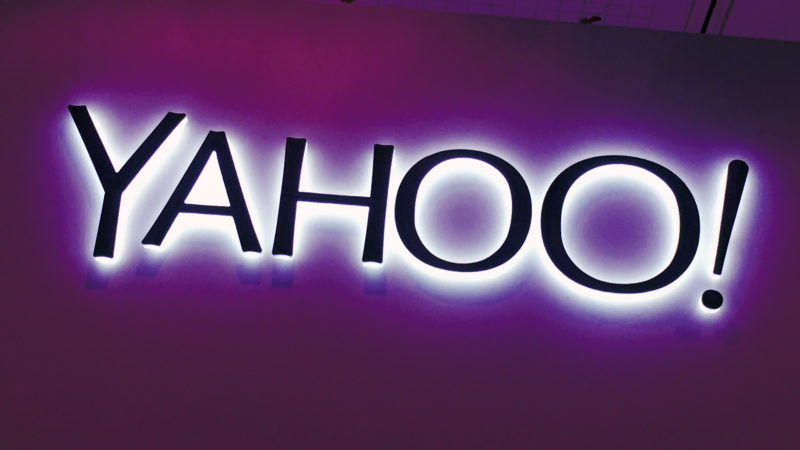What Should Yahoo Do? Buy More Mobile Reach, Revenue
It’s very unlikely that Yahoo can regain its former leadership position in PC display advertising. Google/YouTube, Facebook and others have made that next to impossible. However one area in which Yahoo still has a significant opportunity is mobile. There too it’s behind others but the market is still developing and new enough for it to grab share. […]

It’s very unlikely that Yahoo can regain its former leadership position in PC display advertising. Google/YouTube, Facebook and others have made that next to impossible. However one area in which Yahoo still has a significant opportunity is mobile.
There too it’s behind others but the market is still developing and new enough for it to grab share. Earlier today the IAB reported that first-half mobile ad revenues for 2014 were $5.3 billion with search generating $2.7 billion of that and mobile display just slightly behind with $2.5 billion.
Tomorrow Yahoo is scheduled to report quarterly results. The consensus expectation, according to the Wall Street Journal, is that the company will show a nearly 3 percent revenue decline vs. a year ago. If that’s correct it will put more, immediate pressure on CEO Marissa Mayer for whom the “honeymoon period” has now ended.
Mayer took the reins with much fanfare in July 2012. However investors are now becoming impatient with the lack of overall revenue growth. They have also grown impatient with Yahoo’s acquisition strategy, which has largely failed to produce new revenue. These acquisitions have, in many cases, yielded talent that was badly needed.
One could argue that the recent Alibaba IPO represented the formal end of Mayer’s grace period. Institutional investors now want to see cost cutting, top-line revenue gains or preferably both. Mayer has been trying to manage expectations, saying for several quarters that Yahoo was in the midst of a multi-year transition process.
The conventional wisdom and press narrative argues Yahoo was a proxy in the US for Alibaba but now that investors can buy Alibaba directly there’s little or no reason to own Yahoo. Yet the cash that Yahoo received from the IPO (more than $5 billion) gives the company additional money to make new strategic acquisitions — emphasis on the word strategic.
Investors want the money for themselves but Mayer and company will keep roughly half of the windfall. That still should give her a war chest to buy new revenues. And that’s likely what she’ll be forced to do now.
There are several areas to invest in: consumer apps, video, programmatic, but especially mobile (which includes the others). Previously Yahoo bought Flurry Analytics (also an ad network), which had a “run rate” of roughly $100 million. But it probably needs to think about another network/platform or exchange to grow reach and revenue.
Millennial Media is one possibility (market cap: $207 million), InMobi is another. The latter also has global reach. There’s also YP, which has a $350+ million mobile ad run rate but also comes with a more complicated traditional media business (yellow pages).
Both InMobi and YP would probably cost something around $2 billion each, probably more in the case of YP. Those prices are likely too rich for Yahoo at this point. Millennial would be much cheaper by comparison. There are a number of smaller networks that could also be targets, such as xAd, which offers non-US reach and location-targeting expertise.
Yahoo could also potentially buy Foursquare — something I thought would happen previously. But that wouldn’t bring ad revenue. However it could help the company in a couple of other ways that could lead to more ad revenue over time.
In short Mayer needs to buy revenue or technology that can boost revenue in the near term. And mobile is the place where logic dictates she will look.
Contributing authors are invited to create content for MarTech and are chosen for their expertise and contribution to the martech community. Our contributors work under the oversight of the editorial staff and contributions are checked for quality and relevance to our readers. MarTech is owned by Semrush. Contributor was not asked to make any direct or indirect mentions of Semrush. The opinions they express are their own.
Related stories
New on MarTech